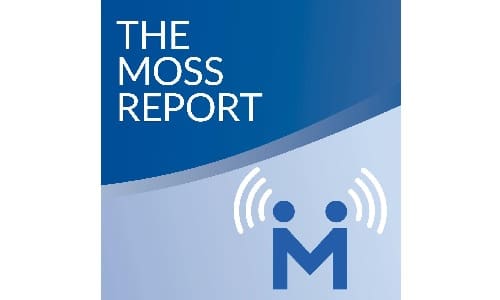Resveratrol is a natural antioxidant compound found in grape skins and other foods and widely available as a supplement. It is linked to body terrainthe internal conditions of your body, including nutritional status, fitness, blood sugar balance, hormone balance, inflammation and more that is less favorable to cancer growth and spread.
How can resveratrol help you? What the research says
Preclinical evidence is summarized in Are you a health professional? ›
Improving treatment outcomes
Is resveratrol linked to improved survival? Is it linked to less cancer growth or metastasis? Does it enhance the anticancer action of other treatments or therapies? We present the evidence.
Optimizing your body terrain
Does resveratrol promote an environment within your body that is less supportive of cancer development, growth, or spread? We present the evidence.
See Optimizing Your Body Terrain ›
Find medical professionals who specialize in managing body terrain factors: Finding Integrative Oncologists and Other Practitioners ›
Managing side effects and promoting wellness
Is resveratrol linked to fewer or less severe side effects or symptoms? Is it linked to less toxicity from cancer treatment? Does it support your quality of life or promote general well-being? We present the evidence.
Reducing cancer risk
Is resveratrol linked to lower risks of developing cancer or of recurrence? We present the evidence.
Helpful link
Keep reading about resveratrol
Learn more
References

